Smart home devices make our lives more convenient—but they may also be watching more than we realize. From voice assistants that listen for commands to doorbell cameras that never really stop recording, the same gadgets that streamline our routines can also raise serious privacy concerns. In many cases, data is collected, stored, and even shared in ways most users aren’t fully aware of. If you value convenience and privacy, it’s worth taking a closer look. Here are 13 smart home devices that might be quietly spying on you.
1. Amazon Echo and Alexa
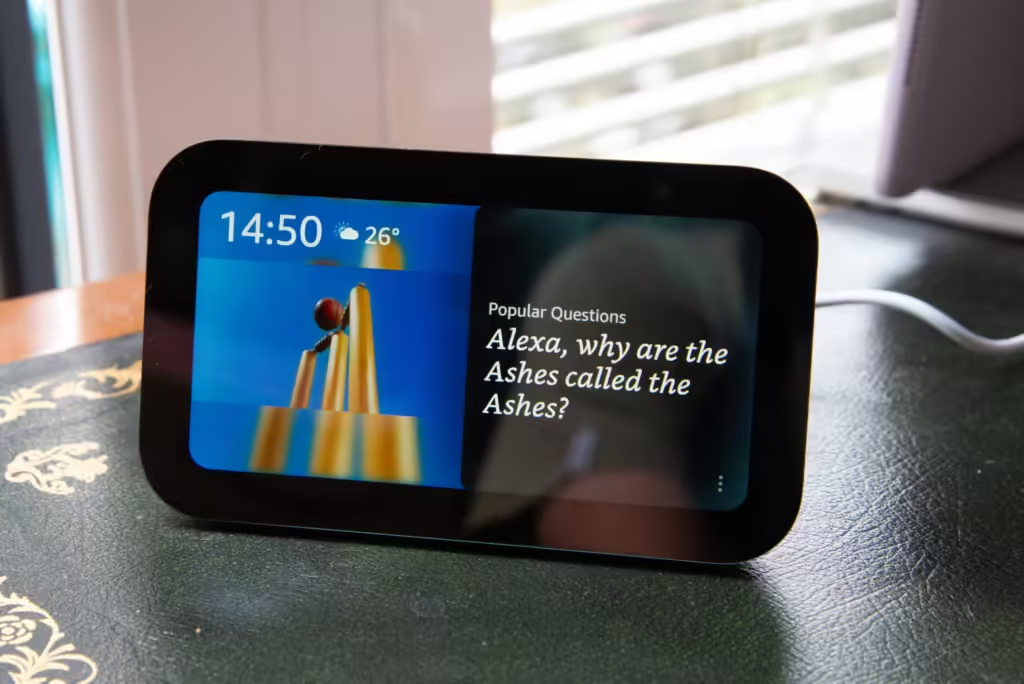
Amazon’s Echo devices, powered by Alexa, are among the most popular smart speakers on the market. While they allow users to control smart home devices, play music, and even make shopping lists, they also constantly listen for their wake word. This means Alexa is always “on,” recording snippets of conversations and sending that data to Amazon’s servers. While Amazon claims that data is used only for improving service quality, there have been instances where recordings were inadvertently saved and accessed by employees.
According to The Verge, Amazon has faced criticism for how it handles voice recordings, leading them to offer users more control over what data is stored. However, many users are unaware of how much Alexa collects, and default privacy settings may leave more data accessible than you realize. To protect your privacy, regularly review your Alexa privacy settings and delete stored voice recordings through the app.
2. Google Nest Thermostat
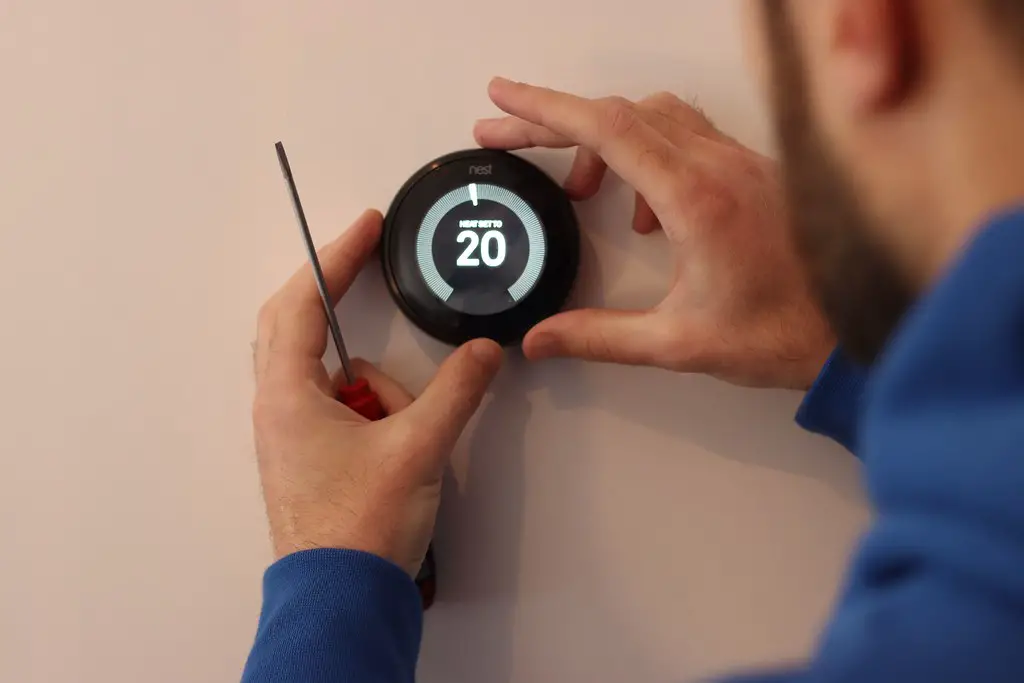
Google’s Nest thermostat learns your temperature preferences and adjusts accordingly to save energy and optimize comfort. However, to function properly, the device needs to track your activity, occupancy patterns, and daily routines. This data can be valuable for Google to improve its services, but it also means that Nest is collecting sensitive information about when you’re home, your sleep patterns, and your general lifestyle.
As explained by TechCrunch, many smart thermostats, including Nest, rely on cloud-based storage to analyze the data they collect. While this data can be useful for convenience, it may also be used for targeted advertising or shared with third-party partners. If you’re concerned about privacy, consider using the manual settings more often to limit how much data the device collects or choose a thermostat with stronger privacy controls.
3. Ring Doorbell Cameras
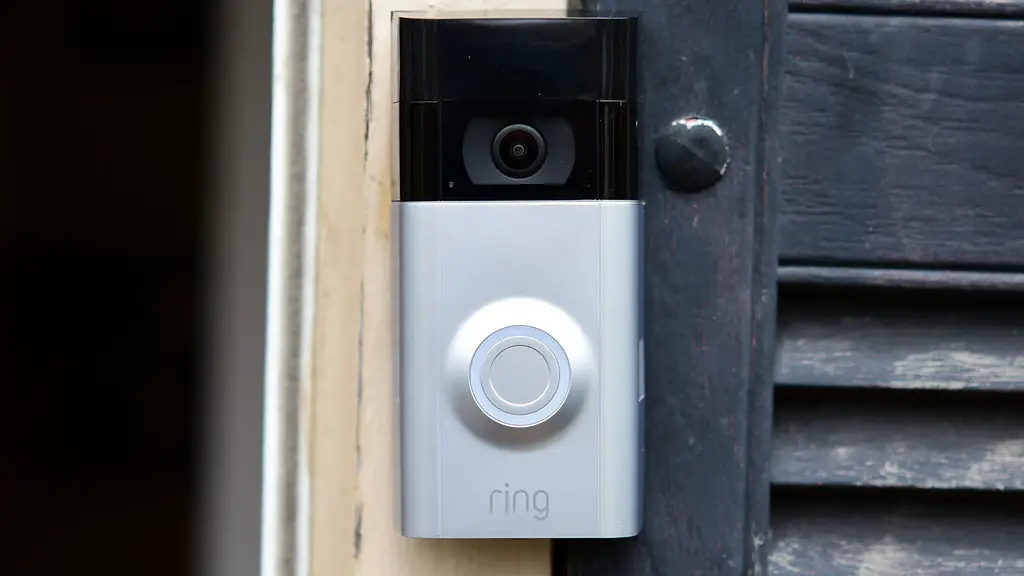
Ring, owned by Amazon, has become one of the most popular smart doorbell cameras. It allows homeowners to monitor their front doors in real-time, but it also raises significant privacy concerns. Ring cameras not only record video footage of visitors at your doorstep, but some models can also capture activity beyond your immediate property, such as neighbors walking by. Additionally, Ring has been known to share data with law enforcement agencies, often without user consent, which has sparked concern about surveillance.
As noted by The Guardian, Ring has faced backlash for its partnership with police departments, where footage is shared without proper oversight or transparency. To protect your privacy, it’s essential to adjust your Ring camera’s settings to limit who can access your footage. Additionally, users should turn off features like motion detection and geofencing if they don’t want to share information outside their household.
4. Smart TVs
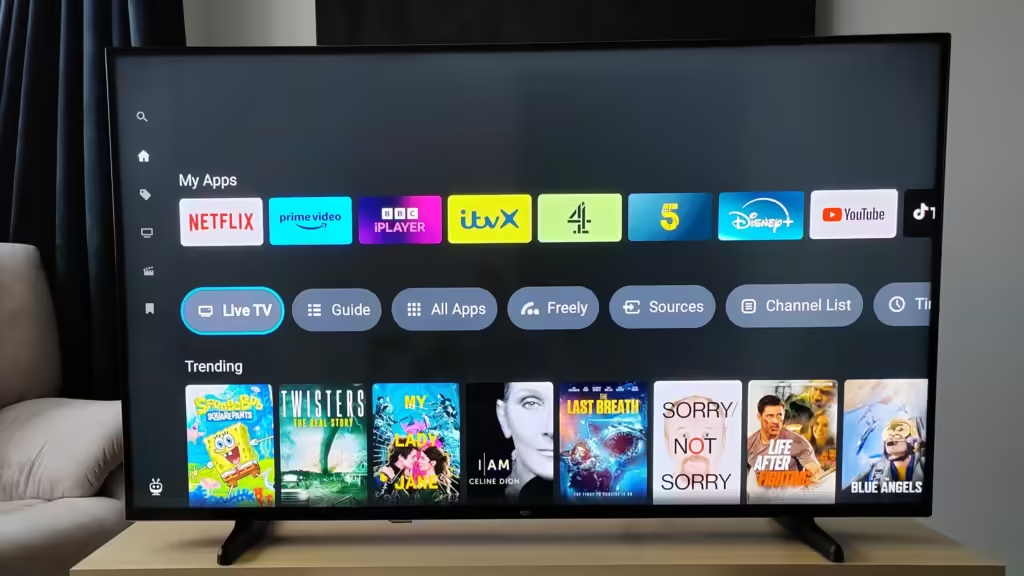
Many modern smart TVs, including those from popular brands like Samsung, LG, and Vizio, come with built-in voice assistants, motion sensors, and facial recognition. These features are convenient but can also be intrusive, as they may record your conversations or track your viewing habits. Voice commands allow users to interact with their TVs, but some manufacturers have admitted that the microphones could be constantly listening, even when the TV is turned off.
According to Consumer Reports, smart TVs often collect data on your viewing preferences, including the shows you watch, the time you spend on certain apps, and even your internet activity. Some of this data is used for targeted ads or shared with third-party advertisers. To safeguard your privacy, disable voice recognition, turn off motion-sensing features, and review your TV’s privacy settings regularly.
5. Smart Fridges
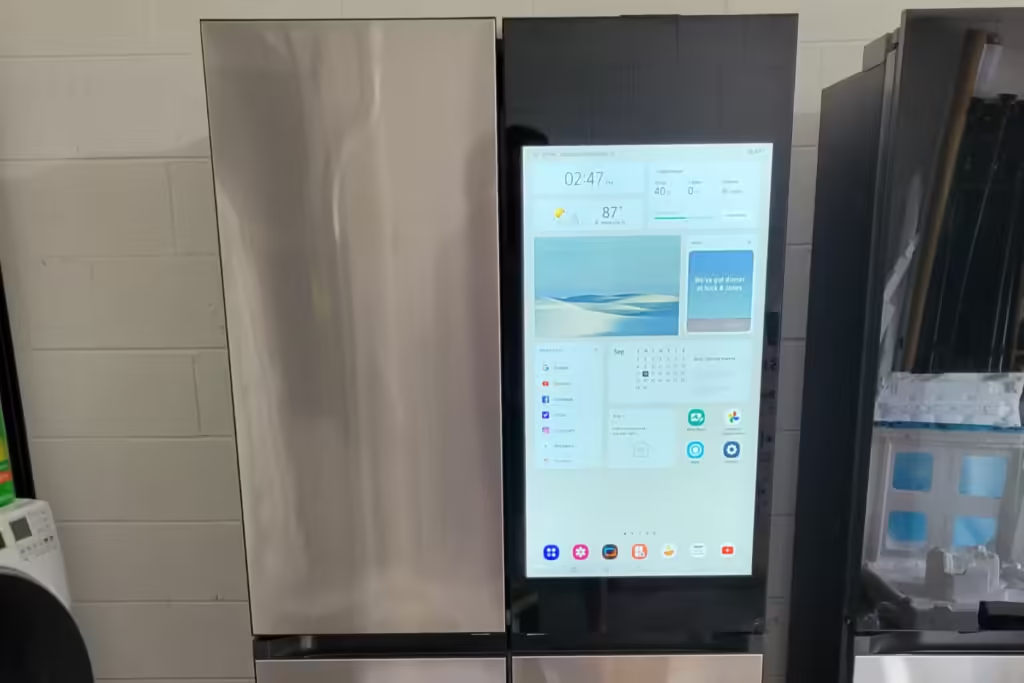
Smart refrigerators come with features like Wi-Fi connectivity, touchscreens, and built-in cameras to track food inventories and help with meal planning. These fridges often collect data about the food you buy, your shopping habits, and how often you restock your supplies. In some cases, they can even track the expiration dates of food, providing insights into your eating habits and preferences.
As highlighted by Wired, this data is typically stored in the cloud, which increases the risk of unauthorized access or breaches. Additionally, manufacturers may use this information for marketing purposes, selling you more products based on your buying behavior. If you’re concerned about privacy, you should consider disconnecting your fridge from the internet or using a standard model that doesn’t store personal data.
6. Smart Speakers (Other than Alexa)
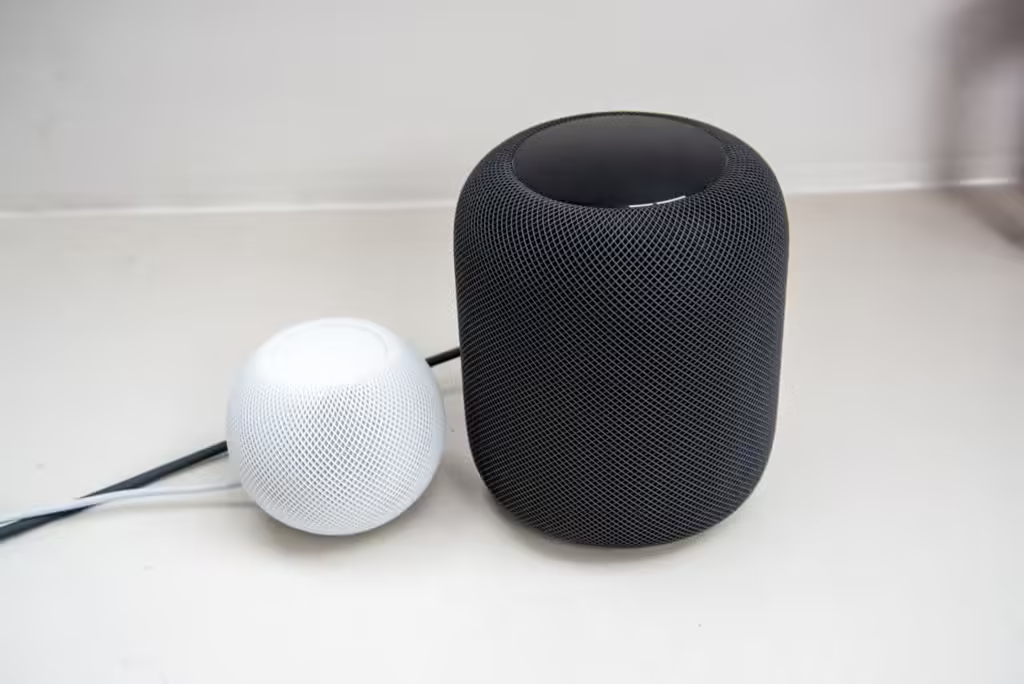
While Amazon Echo and Google Nest devices are among the most well-known smart speakers, other brands such as Sonos and Apple HomePod are also gaining popularity. These devices collect data about voice commands, listening preferences, and interactions with various apps. Some of these smart speakers have microphones that are always on, even when you’re not actively using them.
This constant listening capability makes it possible for the device to collect sensitive information, including private conversations, even when you’re not interacting with it. Although most companies claim that this data is anonymized or deleted after processing, there’s always a risk of misuse or hacking. To protect yourself, review the privacy settings on these devices and limit their data collection by disabling voice recognition or turning off the microphone entirely when not in use.
7. Smart Locks
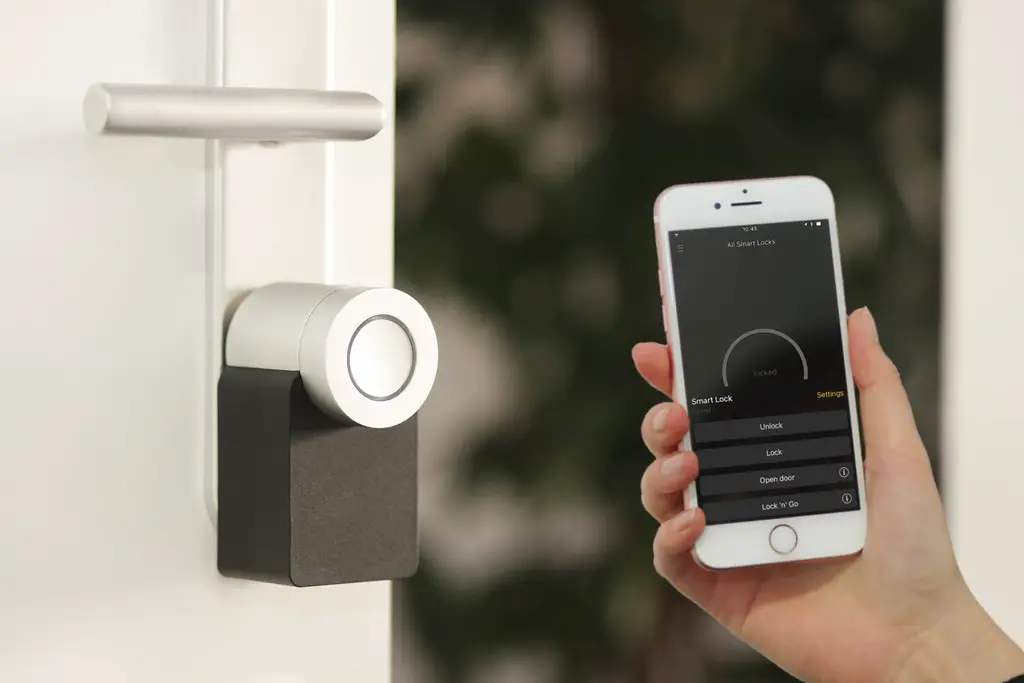
Smart locks are designed to enhance home security by allowing keyless entry through smartphone apps or biometric authentication. However, these devices also collect data on when you lock or unlock your doors, the people accessing your home, and their routines. This data could potentially be accessed by hackers or shared with the companies that manufacture the smart locks.
Smart locks can be vulnerable to cyber-attacks, especially if the device is connected to the internet or uses weak encryption. Additionally, some smart locks can be remotely accessed by manufacturers or third parties, raising concerns about unauthorized access. To ensure your privacy and security, use strong encryption, opt for two-factor authentication, and regularly review the device’s privacy settings.
8. Smart Light Bulbs
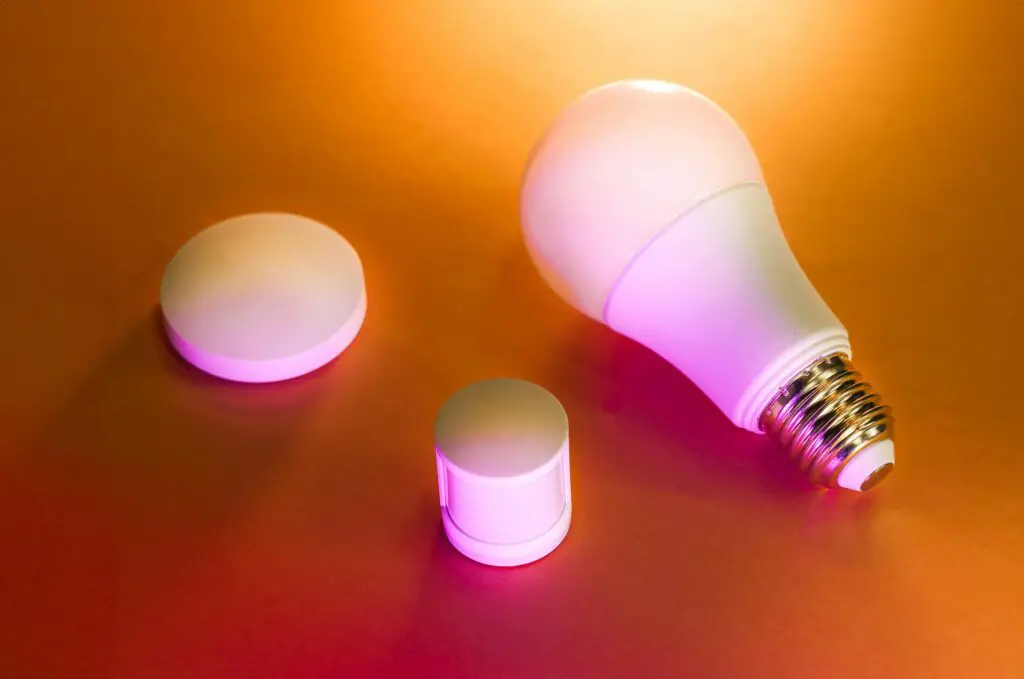
Smart light bulbs offer a convenient way to control lighting remotely, adjust brightness, and set schedules for energy efficiency. However, these devices can also be a privacy concern. As smart light bulbs connect to your home network, they may gather data on your behavior patterns, such as when you’re home, when you go to bed, or when you wake up. This data, while useful for optimizing energy use, can also be exploited for targeted advertising or shared with third parties.
Hackers may also target smart lighting systems, gaining access to other connected devices on the same network. To safeguard your privacy, ensure your smart bulbs are connected to a secure Wi-Fi network, disable unnecessary features, and regularly update the firmware to protect against potential vulnerabilities.
9. Smart Mirrors

Smart mirrors, which combine reflective surfaces with technology to display information such as weather, news, or health data, are gaining popularity in bathrooms and bedrooms. While they offer convenience and functionality, they also pose privacy risks. These mirrors can collect data on your daily routines, health habits, and even your appearance if they have built-in cameras or facial recognition features.
Smart mirrors can store personal data or even transmit it to cloud storage, raising concerns about unauthorized access. If you’re considering using a smart mirror, be cautious of the data it collects and check the manufacturer’s privacy policy. Disabling features like facial recognition or cameras can help protect your privacy while still enjoying the mirror’s functionality.
10. Smart Appliances
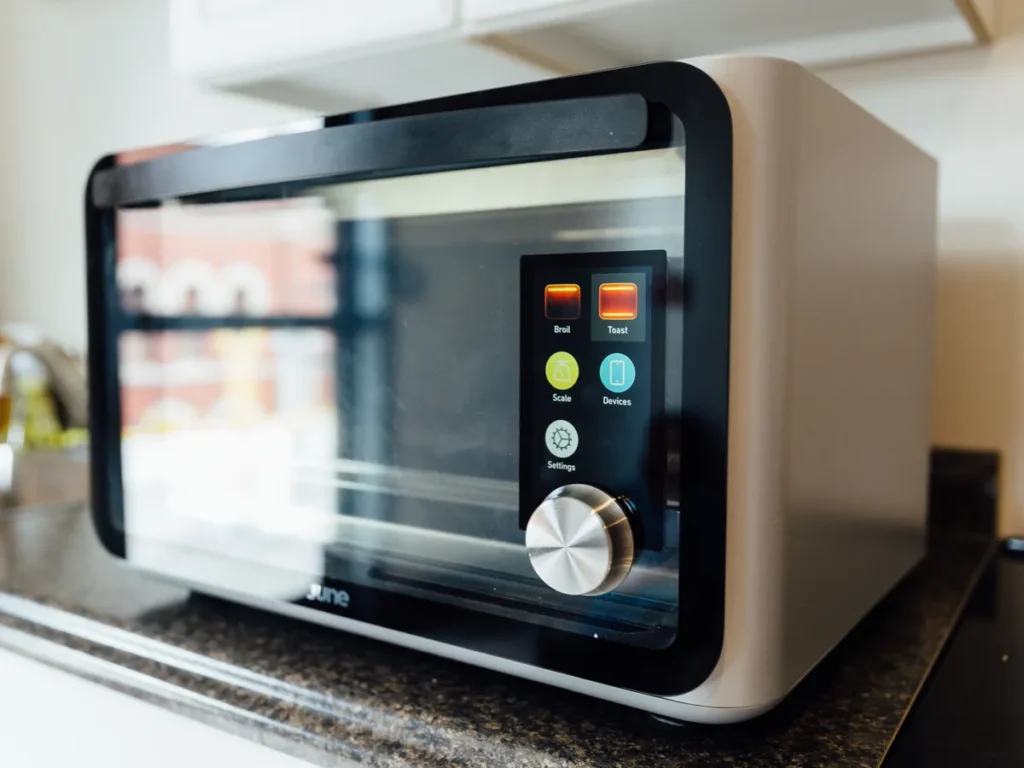
Smart appliances, including washing machines, refrigerators, and ovens, are designed to make everyday tasks more convenient by allowing remote control and monitoring. These devices collect data about your usage patterns, such as the time of day you use them and the types of foods or items you store. This data could be used for marketing purposes, or in some cases, it could be shared with manufacturers or third-party companies.
Many smart appliances collect unnecessary personal information that could be exposed if there are breaches in security. To reduce the risk of your appliances spying on you, disable unnecessary connectivity features when possible, and opt for appliances with better security measures. If you’re concerned about privacy, consider using non-smart alternatives, especially for appliances that don’t significantly enhance your daily routine.
11. Smart Cameras (Non-Security Models)
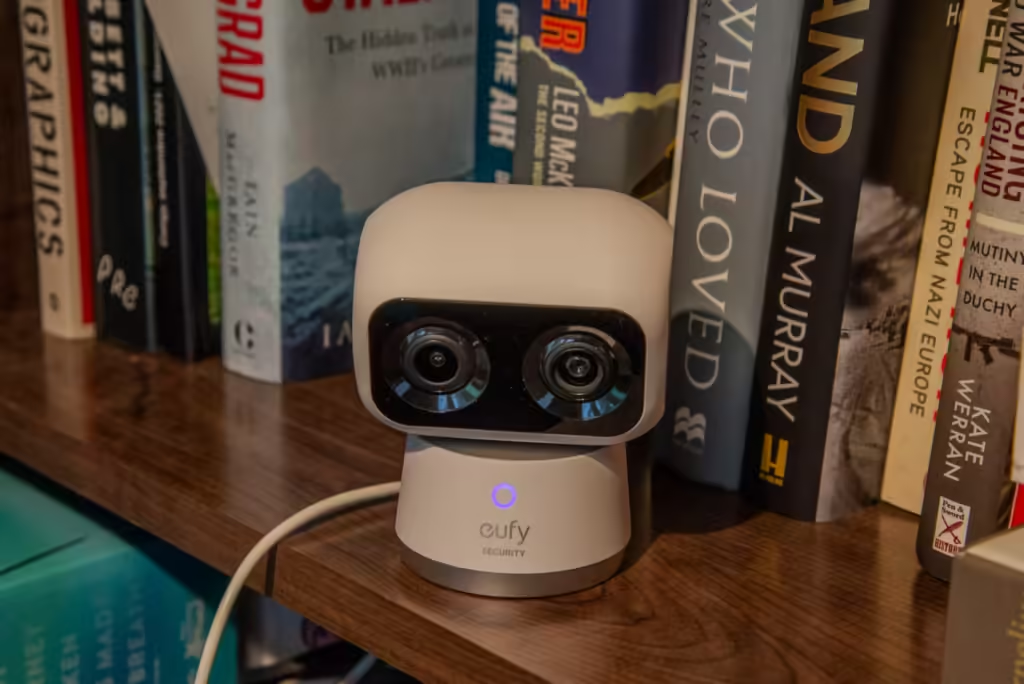
Smart cameras are commonly used for security purposes, but other types of smart cameras, like those used for baby monitors or pet surveillance, can also pose a threat to privacy. These cameras are connected to your Wi-Fi and often send footage to the cloud, where it can be accessed remotely. Some models are equipped with motion detectors or facial recognition technology, which can inadvertently capture footage of people who have not consented to being recorded.
There have been numerous instances of security camera footage being accessed without authorization, or footage being shared with third parties like law enforcement or advertisers. If you’re using smart cameras, it’s crucial to ensure they are properly secured with strong passwords and encryption. You should also regularly review your privacy settings and consider disabling cloud storage if you’re concerned about data security.
12. Smart Plugs and Power Strips
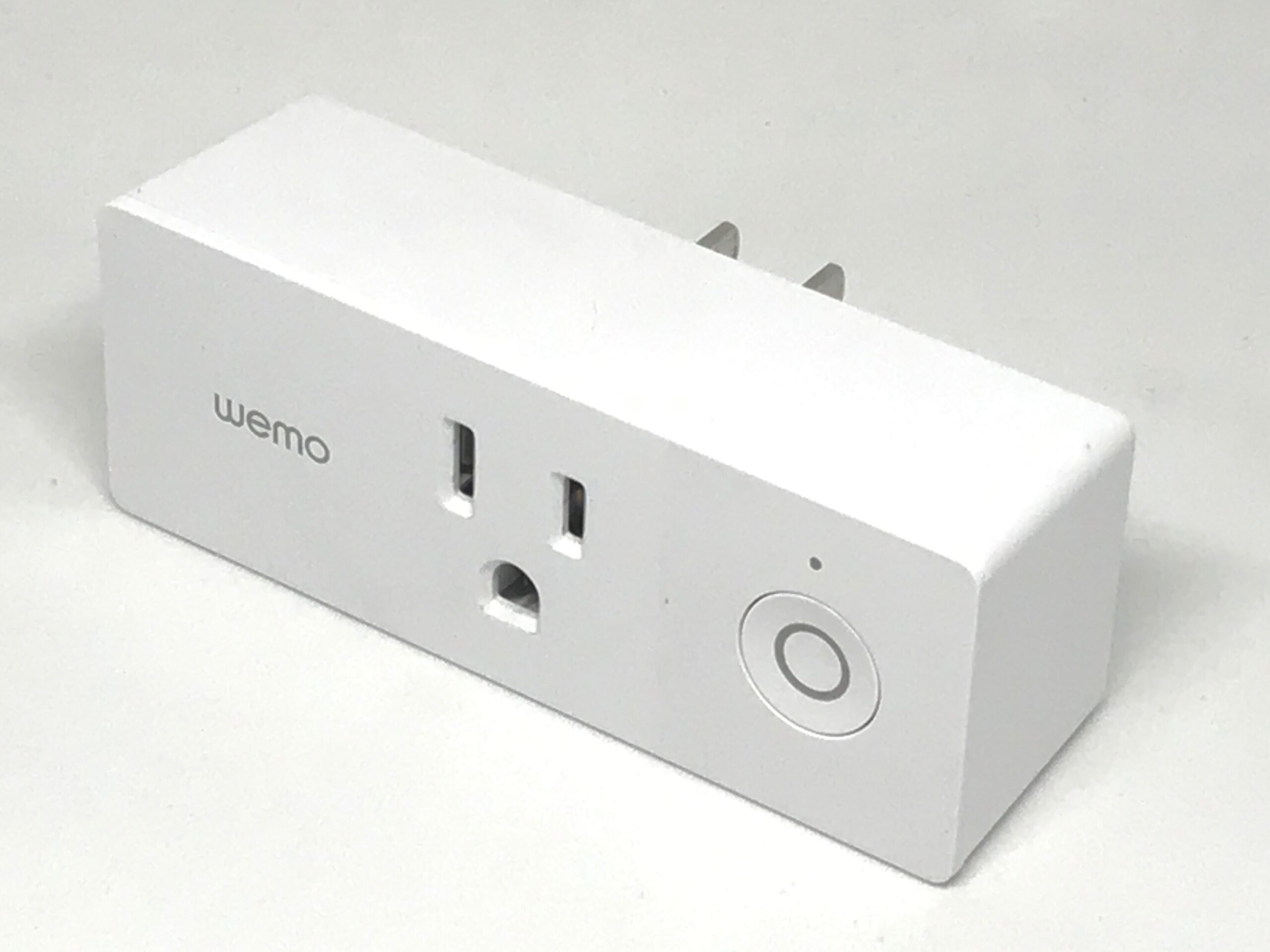
Smart plugs and power strips allow users to control household devices remotely, whether it’s turning off lights or powering down an appliance. While they provide convenience and energy savings, they also collect data on what devices are being used and when. This data could potentially be used to track your habits, routines, and preferences, which may not be something every homeowner wants to share.
Many smart plugs are not as secure as users may think, potentially allowing hackers to gain access to your home network. While these devices can be useful for managing energy usage, it’s important to regularly update your device’s firmware and review the security settings to avoid potential privacy violations. If privacy is a concern, consider limiting the use of smart plugs or opting for simpler alternatives that don’t collect as much personal data.
13. Smart Vacuum Cleaners
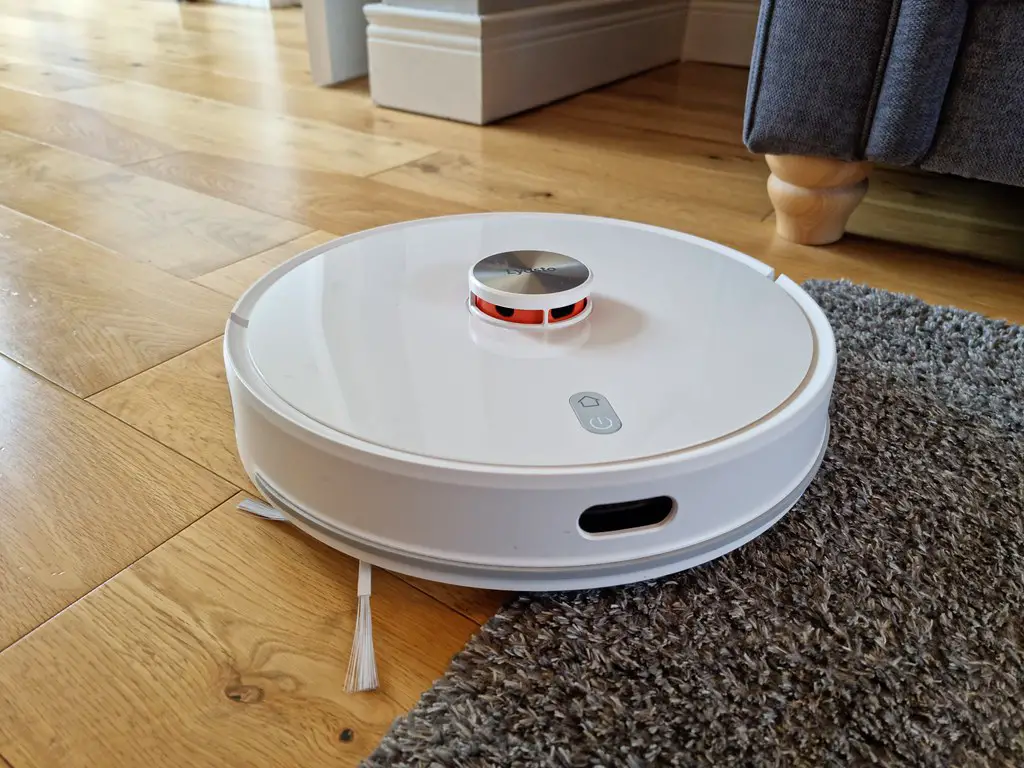
Smart vacuums, like the Roomba, have become a popular choice for automated cleaning, but they can also collect a surprising amount of data about your home. These devices create detailed maps of your living spaces as they navigate, tracking the layout of rooms, furniture, and even your daily cleaning habits. While this data helps the vacuum optimize its cleaning path, it could also be stored or shared with the manufacturer.
Smart vacuum companies, like iRobot, have been criticized for collecting data that may include sensitive information about your home’s layout and usage patterns. To ensure your privacy, review your vacuum’s privacy policy, adjust your settings to limit data collection, and avoid connecting the device to your home Wi-Fi network if you’re particularly concerned about surveillance.
